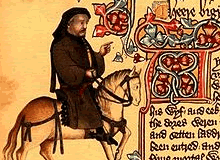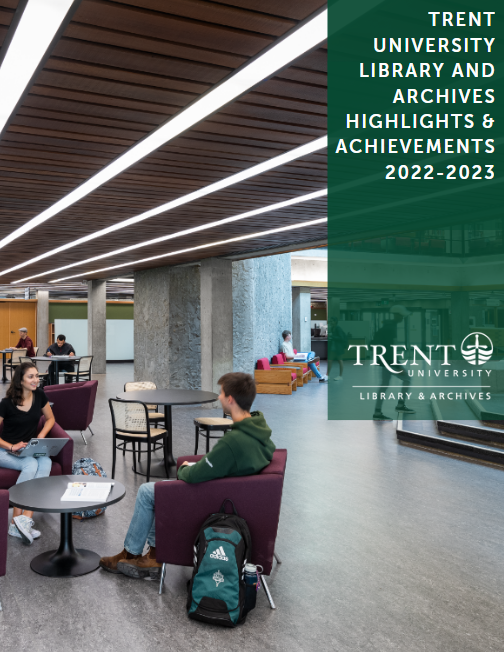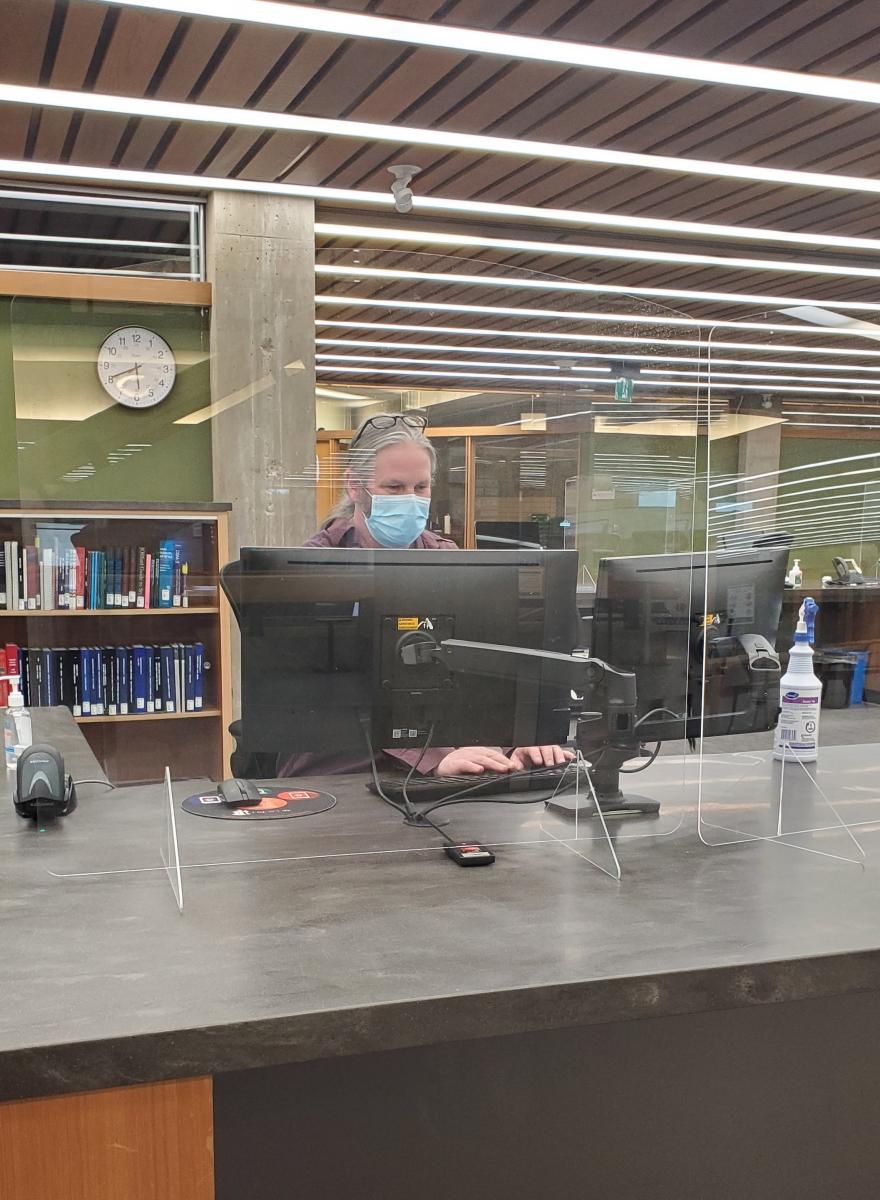What is a Primary Source?
This term will mean different things in different disciplines. To the sciences, a primary source is most often a journal article outlining the results of some original research. It's primary because it comes from the source. The author is writing about his/her research and results. A secondary source might be a textbook that brings together extensive research, or a "review" article that reviews several published articles on a topic (and provides the references to all these primary source articles).
In literature a primary source is a book, short story, or poem. Resources that discuss, critique, interpret, or explain them are secondary sources.
In history, a primary source is an original document that was created at the time and represents first-hand experience.
- It could be a ledger of a business, a book written during the period, newspaper, diary, letters, audiotapes, photographs - anything that was current and original at the time being studied.
- It might not even be published.
- It might be included in a book about the topic.
- It might be online.
- A secondary source would be a work that looks at primary sources and draws conclusions or makes interpretations. This secondary source would also provide references and/or copies of the originals, as appropriate.
Because there are no set rules on what constitutes primary documents and what format they're in, they are no perfect ways to identify them. It's up to the researcher to determine if something is considered primary.
Primary Historical Sources in TOPCAT
When subject headings are added to items in TOPCAT, it means that specific terms are used to describe them. These terms come from the Library of Congress Subject Headings (LCSH), a long list of terms and rules used by most academic libraries. This authoritative list, when applied consistently, helps researchers find information in any library.
LC subject headings include dashes (-) to indicate types of materials.
Terms that often apply to primary sources include:
| Term | Sample LCSH in TOPCAT |
| sources | Egypt--History--332-30 B.C.--Sources |
| diaries | Farmers--New Brunswick--Williamsburg--Diaries |
| personal narratives | World War, 1939-1945--Personal narratives, Polish |
| correspondence | Ambrose, Saint, Bishop of Milan, d. 397--Correspondence |
| biography | Women city planners--Biography |
| oral history | Oral history--Saskatchewan |
| early works | Spiritual life--Early works to 1800 |
How does this help us search? If we include one of these terms in a keyword search of TOPCAT, we will find any library items that are identified as such.
Don't limit your search to these terms, however. They're not always applied to everything primary; in fact, some items in TOPCAT don't even have subject headings. Government publications can be primary documents, and they don't have subject headings.
Trent Library has purchased the entire CIHM (Canadian Instititue of Historical Microreproductions) Early Canadiana Research Collection on microfiche, and this collection contains a wide variety of primary documents relevant to Canada. Each one is individually listed in TOPCAT and can be located using a keyword search. "CIHM" can be used as a keyword. Many of these same resources are available online through Early Canadiana Online.
Other Sources for Primary Documents
Subject Guides
- Look at the Subject Guide for your course/subject to see what resources are listed under the "Primary" tab.
Specialized Databases
- The web has brought many opportunities for finding primary sources online, some of which are free and some of which require purchase.
- The Trent Library has purchased access to several databases of primary sources. Find them listed:
- on our E-Resources page under "Full-Text & Primary"
- on our Databases A-Z Page, where you can limit by type: Primary Sources.
- Subject Guides are also a great place to find these.
Newspapers
- See our page for current newspapers and historical newspapers available from the Trent Library.
Journal Articles
- If it's a scientific study or journal article that's needed, our online indexes are the best place to start.
- Find a list of all online indexes under Databases A-Z Page or go to a Subject Guide to find indexes of use to your subject.
Archives
- The Trent University Archives preserves original primary documents pertaining to Trent and the area. Their website provides access to finding guides, as well as a number of online exhibits.
- Other archives have similar collections. Archives Canada provides one-stop-shopping for archival resources of all types, print and digital, in Canada.
No Easy Search Solution
There isn't a magic formula for finding primary sources and you won't find all resources in one place. Use creativity and flexibility in where you search and how you search.



